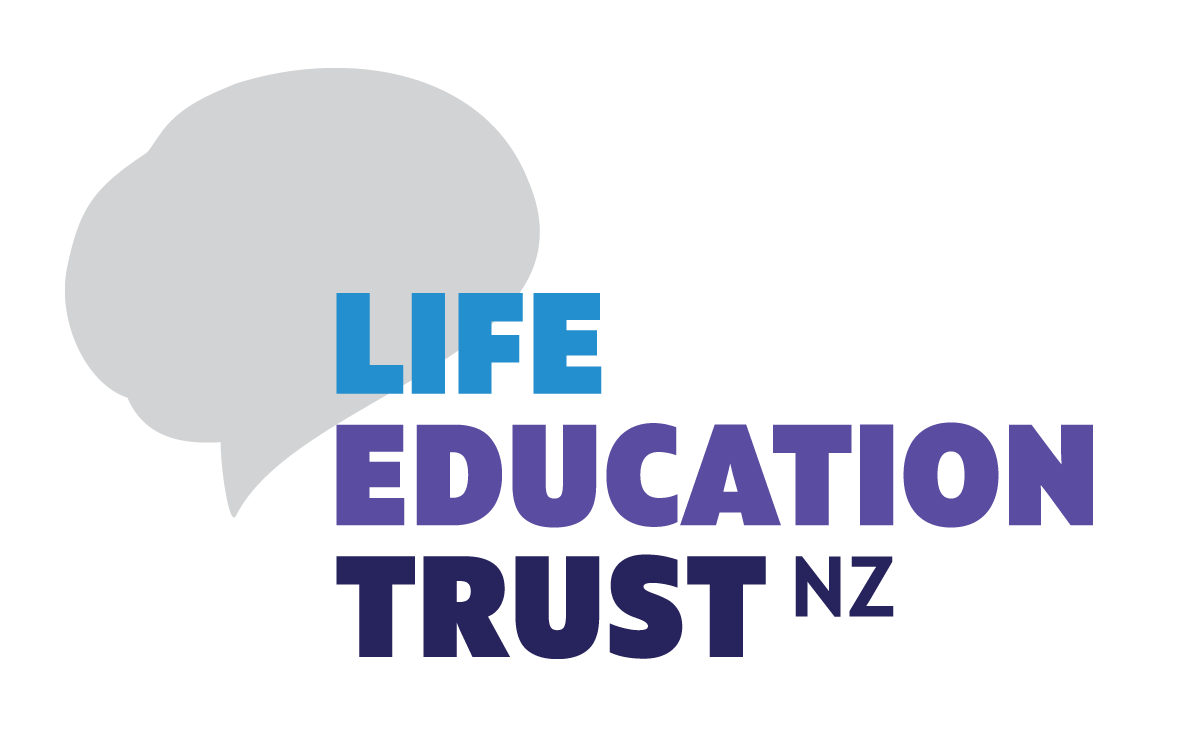Vaping: the new teen addiction
MEDIA RELEASE
1 November 2021
Exposure to nicotine could become a significant health risk for New Zealand teenagers if measures are not taken to reduce the uptake of vaping.
A report released today by the Asthma and Respiratory Foundation (ARFNZ) and Secondary Principals’ Association showed more than one in four secondary school students surveyed vaped at least once a week. Of the nearly 20% who were vaping daily, 86% felt they were addicted. Those vaping several times a day were using high doses of nicotine.
Professor Philip Pattemore, paediatric respiratory physician and co-author of the report, says there is increasing evidence that vaping poses significant health risks for young people.
“Vaping with nicotine has been consistently associated with depression, ADHD and conduct disorders in adolescents, and nicotine exposure has been shown to impact learning and memory,” says Pattemore.
According to Life Education Trust Chief Executive, John O’Connell, the survey results back up what the trust has been hearing from schools over the last two years.
“What’s most alarming is the incredibly high nicotine rates they’re using and the impact of that. Secondary school principals are saying vaping has become an epidemic and a third of the primary school leaders we work with are citing it as an issue,” says O’Connell.
As a result, next year Life Education Trust will include vaping education in four programmes.
- A new theatre-in-education programme concentrating on the impacts of vaping will be offered to secondary schools. The programme will be based on the Trust’s successful alcohol education programme, SMASHED.
- Professional development workshops offered to teachers and whānau throughout New Zealand.
- Workshops with Year 9 and 10 students will be hosted by Life Education Trust specialist health educators at selected secondary schools.
- Vaping is a topic offered to schools in the Healthy Harold programme provided in mobile classrooms at primary and intermediate schools. New resources will be introduced in 2022.
Life Education Trust supports all of the ARFNZ report recommendations: to improve education aimed at rangatahi, banning vape sales near schools, banning product display and advertising by retailers, conducting further research on youth vaping and raising the legal age to purchase vaping products to 21 years.
View The Asthma and Respiratory Foundation Vaping in NZ Youth Survey
